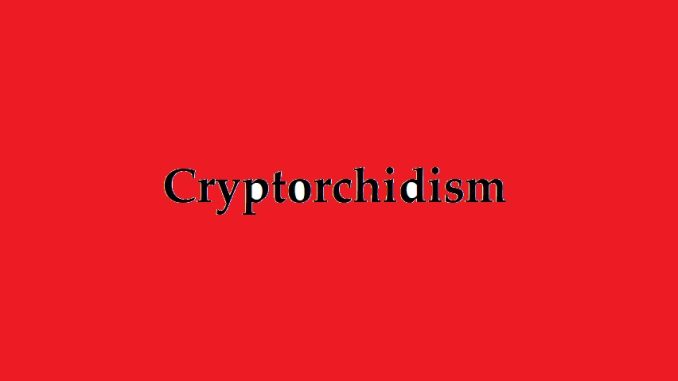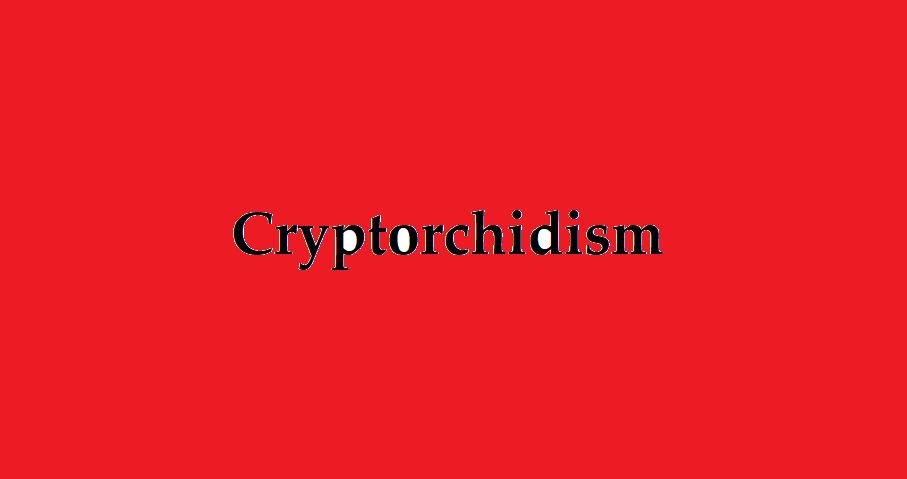Cryptorchidism is a common issue in dogs that can lead to severe health problems if not treated properly. In this blog post, we’ll discuss cryptorchidism in dogs, its causes, symptoms, and treatment options. We’ll also highlight the significance of early detection and the possible long-term effects on your dog’s health.

[ez-toc]
1. Cryptorchidism Explained
Cryptorchidism is a condition where one or both testicles of a male dog don’t move into the scrotum. The affected testicle(s) can stay in the abdomen or the inguinal canal. The condition can involve only one testicle (unilateral) or both testicles (bilateral). It’s important to note that cryptorchidism is a birth condition, meaning it is present at birth.
2. Why it Occurs in Dogs
The exact cause of cryptorchidism is still unknown, but it’s thought to be a mix of genetic and environmental factors. Some possible causes include:
- Genetics: Cryptorchidism can be inherited, meaning it can be passed down from parent to offspring. Breeds like Boxers, Pomeranians, Chihuahuas, and Bulldogs are more prone to this condition.
- Hormonal Imbalances: Hormones have a significant role in testicular descent. Any imbalances during fetal development could potentially lead to cryptorchidism.
- Temperature: Unusual temperatures during pregnancy may interfere with normal testicular development and descent.
3. Signs and Detecting the Condition
The main sign of cryptorchidism is the lack of one or both testicles in the scrotum. However, in some cases, the undescended testicle(s) might not be easily noticeable. Here are some additional signs that may indicate cryptorchidism in dogs:
- Swelling or pain in the inguinal area or abdomen
- Unusual gait or discomfort when walking
- Infertility or reduced fertility in breeding males
To detect cryptorchidism, your veterinarian will perform a physical examination, which may include feeling the inguinal area and abdomen. In some cases, imaging techniques such as ultrasound or X-rays may be necessary to confirm the diagnosis.
4. Ways to Treat Cryptorchidism
The main treatment for cryptorchidism in dogs is surgical removal of the undescended testicle(s). This procedure, called orchiectomy, can help prevent future health complications such as testicular torsion or cancer. The surgery is typically performed when the dog is at least six months old, as some testicles may still descend naturally up to this age.
For dogs with bilateral cryptorchidism, neutering is usually recommended as they are almost always infertile. In addition, breeding a cryptorchid dog is strongly discouraged due to the hereditary nature of the condition.
5. Effects on Your Dog’s Health
If not treated, cryptorch orchidism can lead to several long-term health problems for your dog. Some of the potential risks include:
- Testicular Torsion: The undescended testicle(s) may twist on themselves, cutting off blood flow and causing severe pain. This is a medical emergency and requires immediate surgical intervention.
- Testicular Cancer: Cryptorchid dogs have a higher risk of developing testicular cancer, especially in the undescended testicle(s). Early diagnosis and treatment are crucial to improve the chances of a positive outcome.
- Inguinal Hernia: The undescended testicle(s) can increase the risk of an inguinal hernia, a condition where part of the intestine protrudes through the inguinal canal.
The outlook for dogs with cryptorchidism is generally good if the condition is diagnosed and treated early. Surgical intervention can help prevent the long-term health complications associated with this condition. After surgery, most dogs go on to lead healthy, normal lives.
In conclusion, cryptorchidism is a fairly common condition in dogs that can have serious health implications if not addressed promptly. Early diagnosis and treatment are crucial for preventing long-term complications and ensuring your dog’s overall health and well-being. As a responsible pet owner, it is essential to stay informed about your dog’s health and consult your veterinarian if you suspect any issues or abnormalities.






